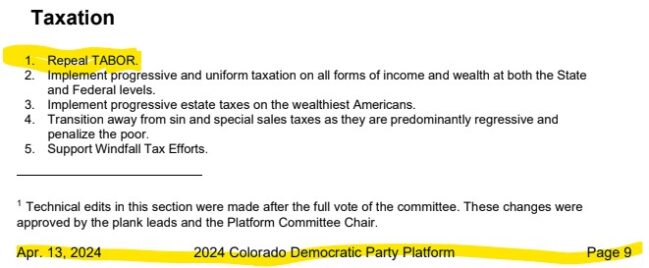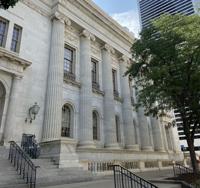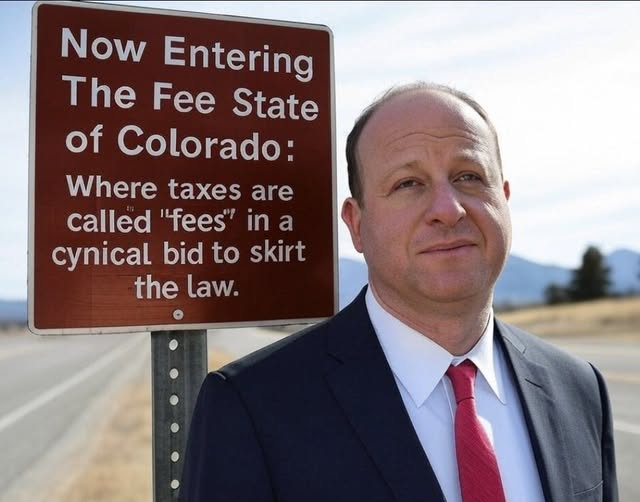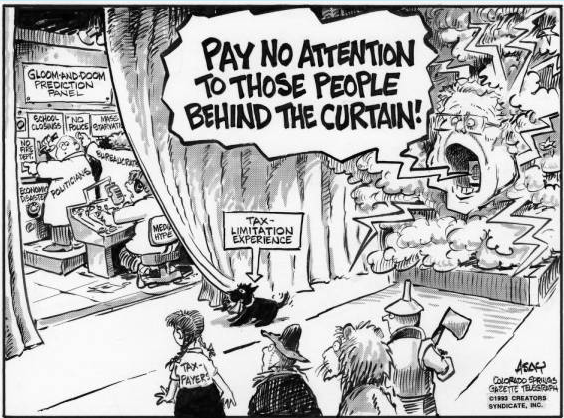Local Governments want to raise your taxes.
Thankfully, we have the Taxpayer’s Bill of Rights (TABOR) that prevents them from taking more of your money without voter approval.
Of course, Politicians and Bureaucrats have been working for years to subvert TABOR.
This year, Democrats in the State Legislature have sponsored a Resolution to initiate a lawsuit (paid for by taxpayers) to repeal our Taxpayer’s Bill of Rights.
And to make matters worse, local governments have been using their taxpayer-funded resources to lobby the Legislature in favor of this TABOR Repeal Lawsuit!
And as Natalie Menten explains in our video, we also have non-profit organizations (some of which have received taxpayer money) also lobbying in favor of repealing TABOR!
It’s wrong on so many levels!
Taxpayers and voters need to stand up and speak out against this blatant attempt to overturn the will of the people and attack our citizen initiative process!
Natalie also provides an update on the TABOR Repeal Lawsuit Resolution and shares video she took at the State Capitol during the Committee Hearing.
Links from Video:
Bob Marshall statement during testimony: https://www.youtube.com/watch?v=WsfSsvMGllk
Require General Assembly TABOR Constitutionality Lawsuit HJR25-1023: https://leg.colorado.gov/bills/hjr25-1023
Colorado Secretary of State Lobbyist Search: https://www.sos.state.co.us/lobby/SearchSubject.do

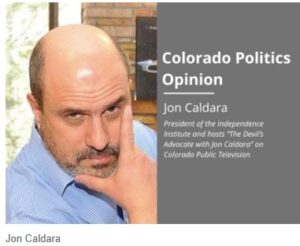 TABOR simply means voter consent.
TABOR simply means voter consent.